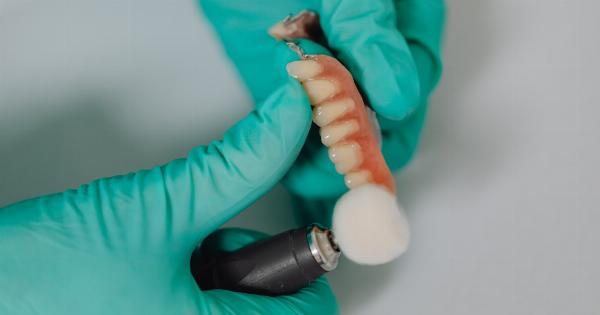Iron is an essential mineral that plays a vital role in the body’s processes such as the transport of oxygen through hemoglobin and the formation of red blood cells.
When we don’t get enough iron, we can become anemic, which leads to fatigue, weakness, and other health problems. One of the easiest ways to make sure we’re getting enough iron is by taking iron supplements. However, many people wonder if iron supplements are safe, and the answer might surprise you.
The Benefits of Iron Supplements
Iron supplements are a popular solution for individuals who can’t get enough iron from their diets. During women’s reproductive years, they need more iron to replace the blood they lose each month during their periods.
If not enough iron is available, the body will slow down iron delivery to the bone marrow to produce new red blood cells. This can cause iron-deficiency anemia, which may make you tired and short of breath.
For persons with chronic conditions such as Crohn’s disease, celiac disease, or ulcerative colitis which can impair the body’s ability to absorb iron, iron supplements can make up the difference.
Iron supplements can also be effective for vegetarians who do not get enough iron from non-meat sources.
The Risks of Iron Supplements
Iron supplements can become problematic when individuals take higher doses than recommended without medical supervision, leading to iron toxicity.
Small children are particularly vulnerable to dosage malpractice, and serious complications, such as liver failure, can occur. Like many other vitamins and minerals, excess iron can accumulate in the body, leading to iron poisoning, which can cause liver damage, seizures, and even death.
It can be challenging to determine whether you’re at risk for iron toxicity because the symptoms are similar to many other health conditions, and blood tests may not reveal abnormalities right away.
Too much iron in the bloodstream can lead to hemochromatosis, a genetic disorder that affects how the liver stores iron, which can lead to liver disease, diabetes, heart disease, and other complications.
How to Safely Take Iron Supplements
Since iron supplementation carries some significant risks, it’s important to take these supplements safely.
Firstly, consult with your doctor or a registered dietitian who can assess whether you’re deficient in iron and advise you on the appropriate levels to supplement. Don’t self-medicate, especially if you’re taking other supplements, prescription, or OTC drugs, or have health conditions that could interact with an iron supplement.
Secondly, always stick to the recommended dose and duration of iron supplementation. The average daily iron intake for adult men is eight milligrams per day, and for women is 18 milligrams per day.
If supplementing, the daily recommended amount is between 30 and 45 milligrams.
Thirdly, make an effort to obtain iron naturally. Beef, lamb, and liver are exceptional sources of iron, while spinach, kale, and other leafy greens are good plant-based sources. Vitamin C rich foods like citrus fruit help increase iron absorption.
Conclusion
Iron is a critical mineral essential for our health, but excessive or prolonged dosages may result in health complications.
To avoid iron toxicity, follow the recommended dosages, and don’t take any iron supplements without consulting your doctor first. Be sure to include iron-rich foods in your diet and understand the importance of vitamin C in iron absorption.






























